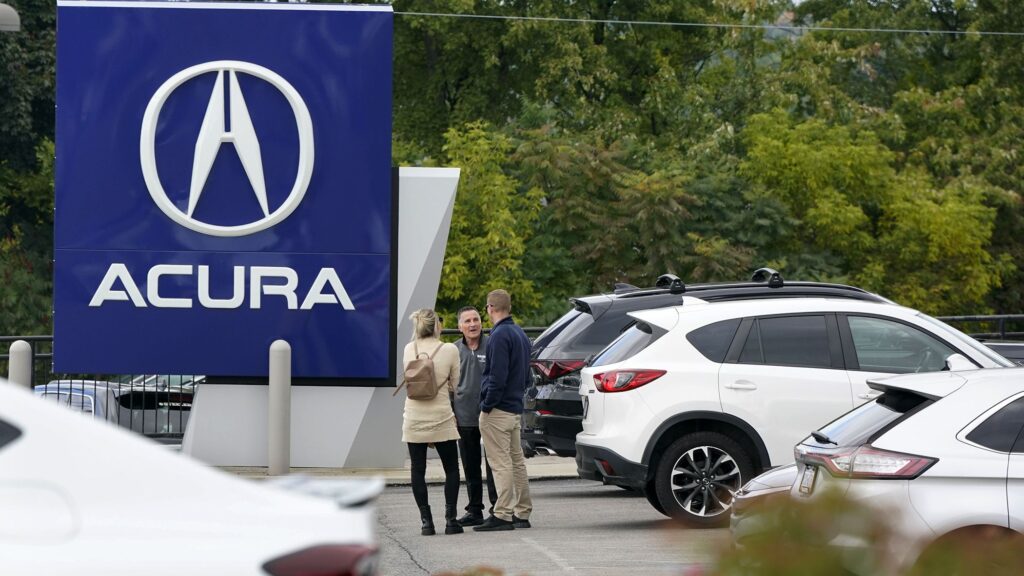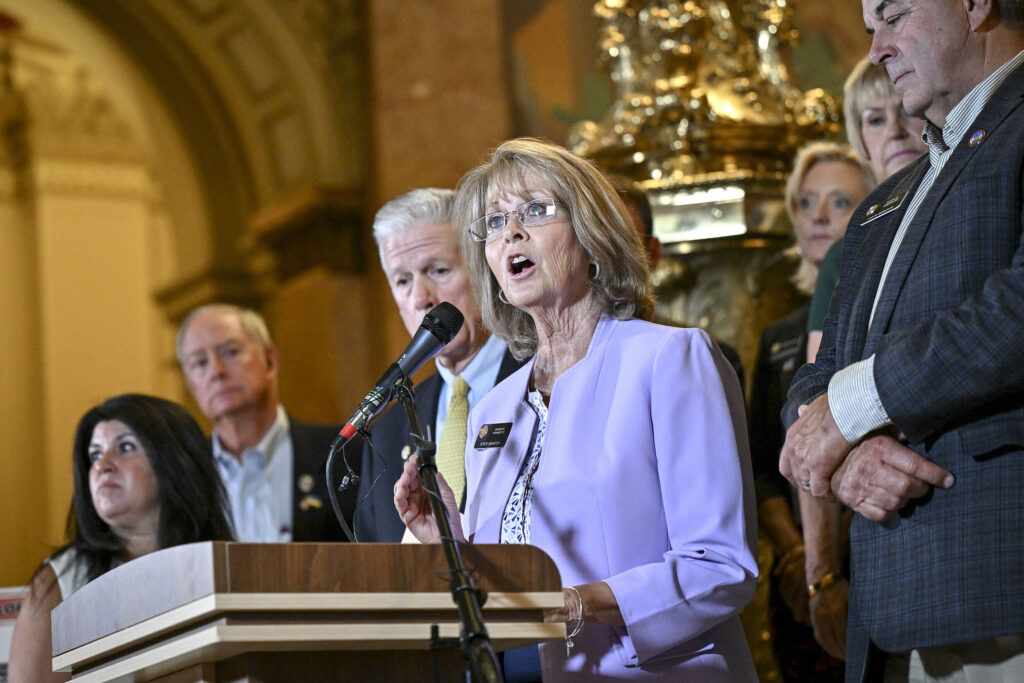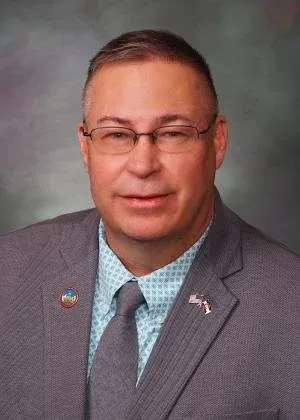Home Rule divided Colorado in early 1900s — now again in 2025 | CRONIN & LOEVY
“Home Rule” legal authority gives city governments in Colorado the power to make laws regarding matters of local concern. It differs from state control, where matters of city government are controlled by the governor and state legislature.
Under Home Rule, authority to act on matters of municipal (city) concern is derived from the Colorado Constitution. A municipality writes its own locally enacted charter and ordinances rather than using state statutes.
Cities that adopt a Home Rule charter are protected from the state interfering in what are strictly local matters.
In its essence, Home Rule allows local policies to be set by those most immediately affected by them — city voters who elect a mayor and city council. Policies are not set by a governor and state legislature meeting in what could be a faraway state capitol.
Colorado state voters adopted municipal Home Rule in the early 1900s. Since then, Home Rule has been clarified and protected. Colorado is one of 31 states with some form of Home Rule in the state constitution.
About 107 cities and towns in Colorado have adopted Home Rule for their communities
Colorado’s Home Rule provisions and protections against state government interference are among the strongest in the nation.
Stay up to speed: Sign up for daily opinion in your inbox Monday-Friday
Prior to the adoption of Colorado’s Home Rule amendments to the state constitution in the early 1900s, the state legislature and the city governments battled openly for control of the city governments. In one instance, this almost came to fighting with rifles on the streets of Denver.
Our book, “Colorado Politics and Government”, tells the story:
“In March of 1894, reform-minded Governor Davis Waite inaugurated a campaign to reduce what he considered to be an excessive amount of drinking, gambling, and prostitution in Denver. He began by firing two members of the Denver Fire and Police Board.
“The two fired board members refused to give up their jobs. They locked themselves in their offices in the Denver City Hall, daring Governor Waite to remove them forcefully.
“Soon the City Hall was surrounded by supporters of the two defiant board members. They were armed with pistols and rifles and appeared to be ready to fire at anyone who tried to get the two board members out of City Hall.
“Not to be intimidated, Governor Waite ordered the state militia to move on City Hall and enforce his removal order. The troops dutifully marched into Denver and pointed Gatling guns and small cannon at Denver City Hall.
“The situation was further complicated by large crowds of onlookers who came downtown to see what was going to happen. For an entire day, the two heavily armed groups stared warily at each other and waited.
“Under pressure from city leaders not to turn downtown Denver into a bloody battlefield, Governor Waite ordered the state troops to withdraw, ending Denver’s ‘City Hall War’ without a single shot being fired.”
The Colorado Supreme Court took the case and ruled in favor of Gov. Waite’s right to fire the two board members. “The incident successfully defended the power of the state of Colorado to control local affairs in Denver.”
Yet that power was soon denied with the passage of a series of constitutional amendments installing and strengthening Home Rule in Colorado.
Colorado voters overwhelmingly approved one of the Home Rule amendments, located in Article XX of the state constitution, by a landslide vote of 59,750 to 25,767.
Further amendments gave city governments the “full right of self-government in local and municipal matters” and all powers essential to exercise that right.
Colorado Springs, Denver and Grand Junction were three cities that, in the early 1900s, quickly adopted Home Rule charters and gained full governing responsibilities over city affairs.
Today, however, Colorado Gov. Jared Polis and a Democratic Party majority in the state legislature in Denver are attempting to reverse 120 years of Colorado history by enacting seven new state laws they want to take precedence over city laws and programs throughout Colorado.
These new laws involve many traditional city functions, such as eliminating required parking spaces in apartment projects; a requirement to have ADUs (auxiliary dwelling units) in single-family zoned neighborhoods; requirements that major transit streets in the cities be zoned for high density occupancy, etc.
The thrust of the seven new laws is to put the governor and state legislature in charge of what formerly were considered local city zoning and land-use issues.
The governor is serious about this. He has threatened to cutoff state funds and grants-in-aid to those Colorado cities that do not comply fully with these seven new laws passed by the state legislature and signed by the governor.
The governor’s demands have produced the expected reaction. Six Colorado cities have filed lawsuits challenging the state’s right to pass those seven new laws. They argue the new laws violate the rights of Home Rule cities spelled out in the state constitution. This is a major politically charged case.
The six cities filing the suit are Arvada, Aurora, Glendale, Greenwood Village, Lafayette and Westminster.
Colorado Municipal League’s executive director Kevin Bommer criticizes what he considers this Polis overreach. Bommer said: “Colorado municipalities will not be bullied by an administration and legislature that gives lip service to local control but does not understand or respect the (state) constitution and local officials.” He and others note Polis had previously been an eloquent defender of local city control.
We are all in for a walk down Home Rule memory lane. How this lawsuit from six Colorado cities will be decided is in doubt. For the first time in 120 years — from around 1900 to the 2020s — a Colorado governor and state legislature are seriously challenging Home Rule in cities in Colorado.
Tom Cronin and Bob Loevy are political commentators who write about Colorado and national issues.
Colorado Politics Must-Reads:












